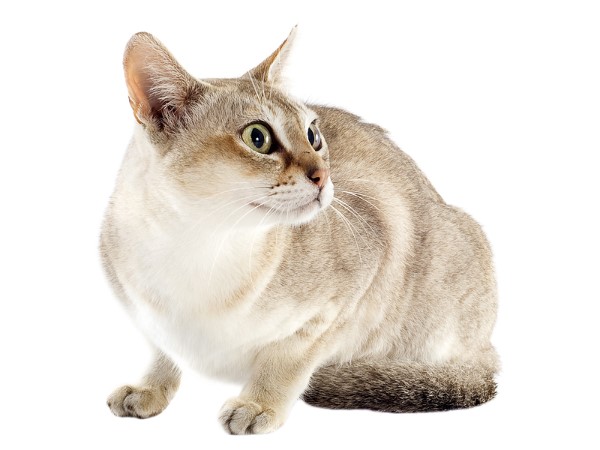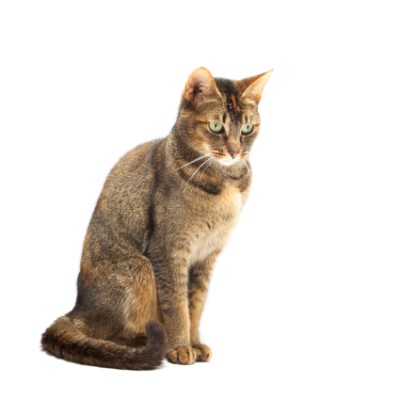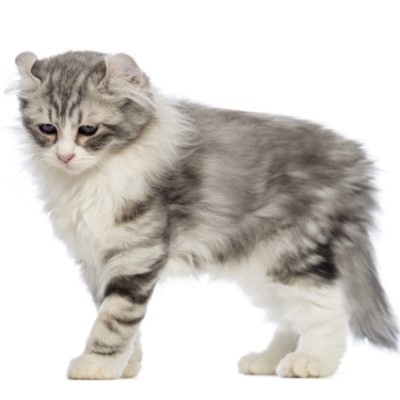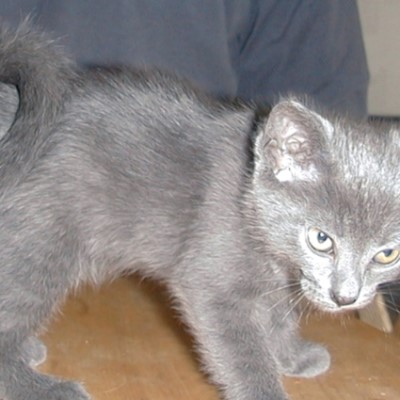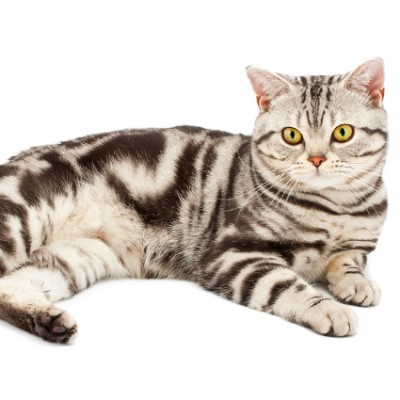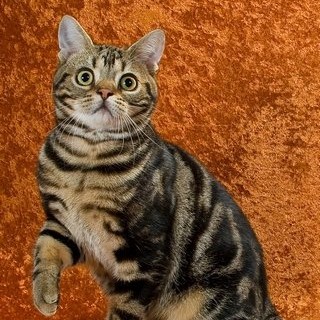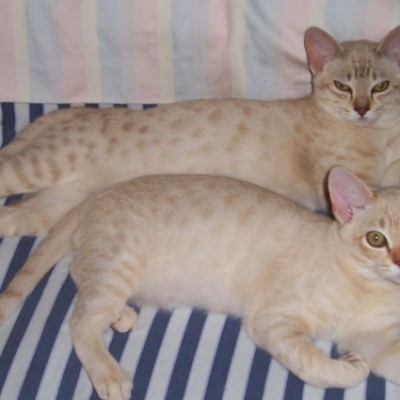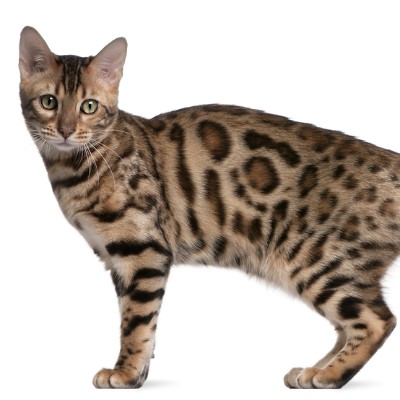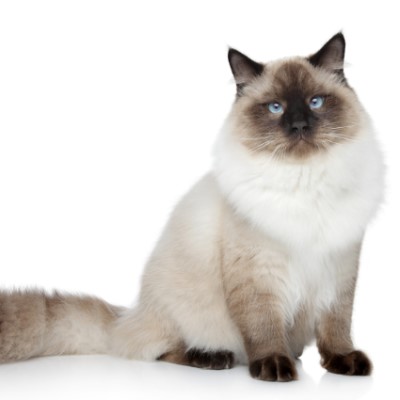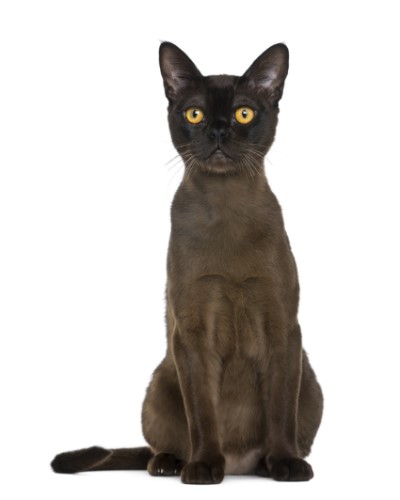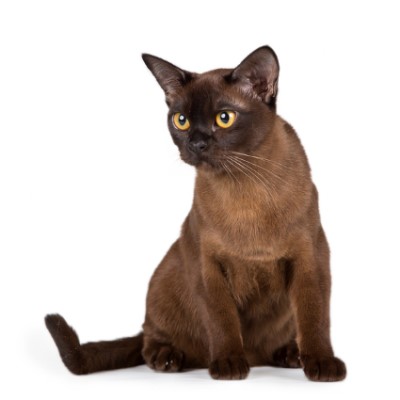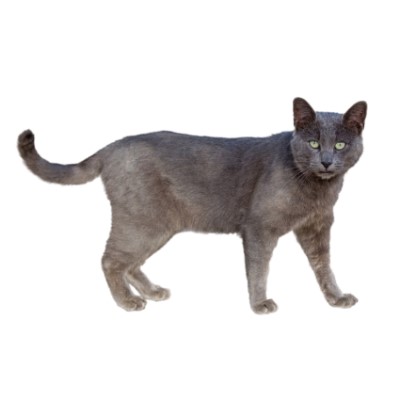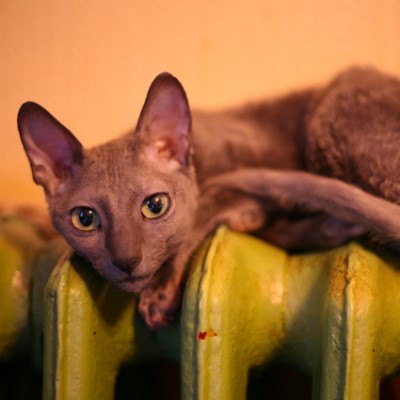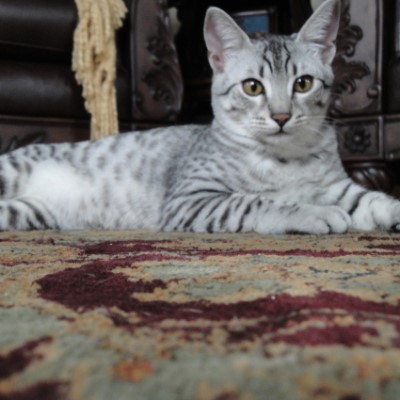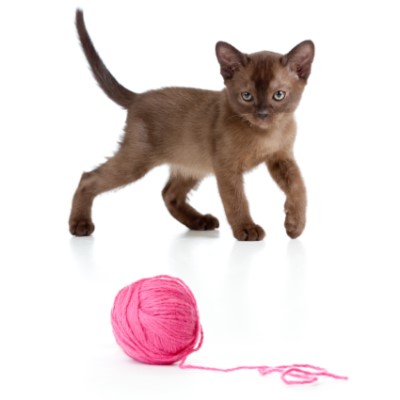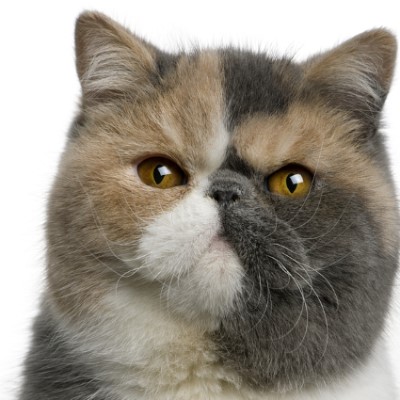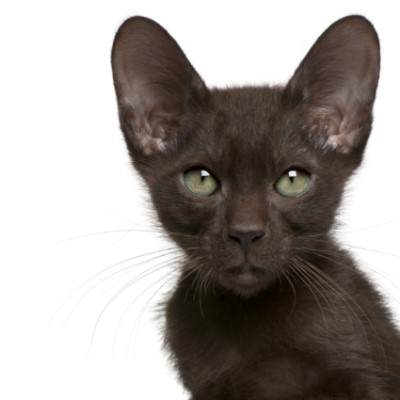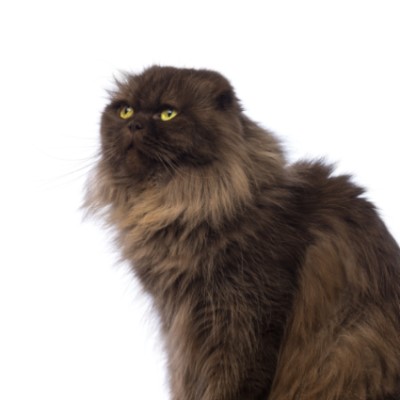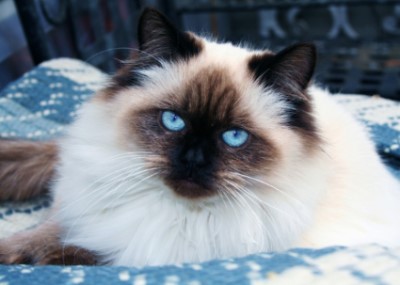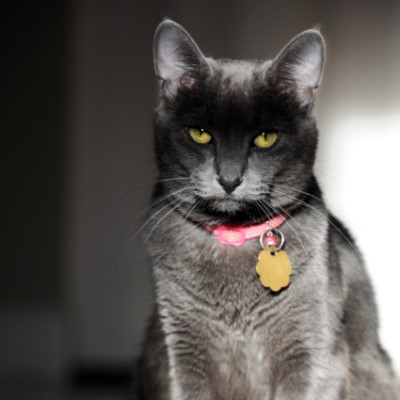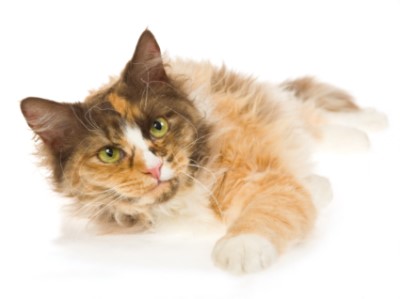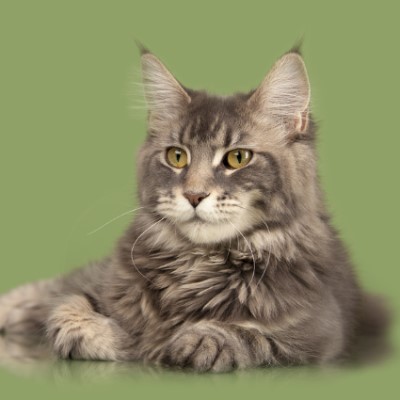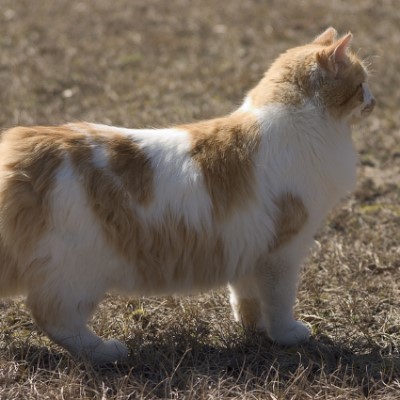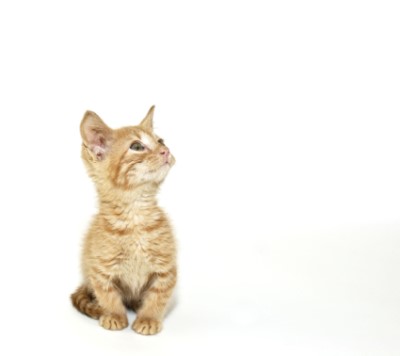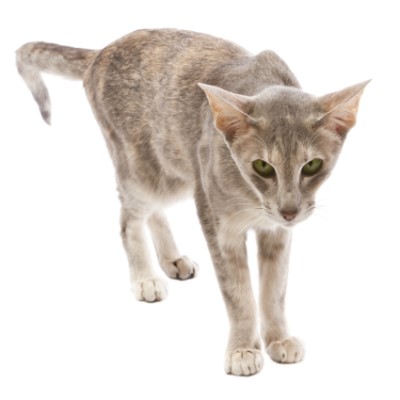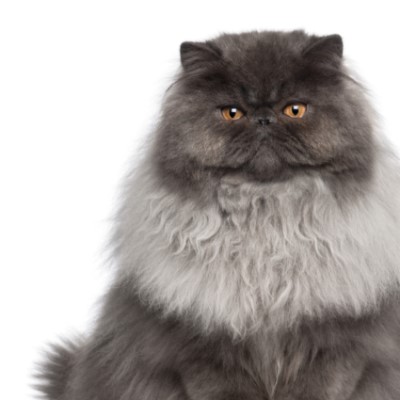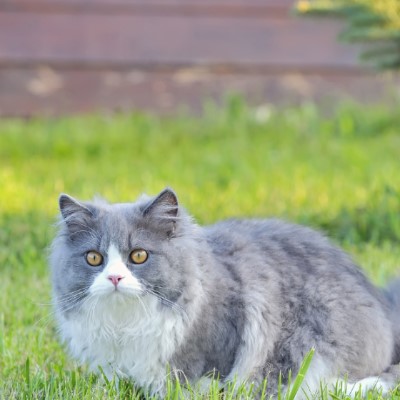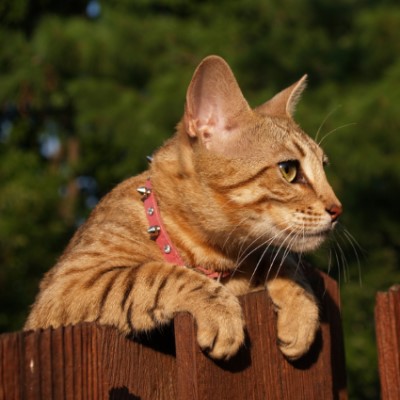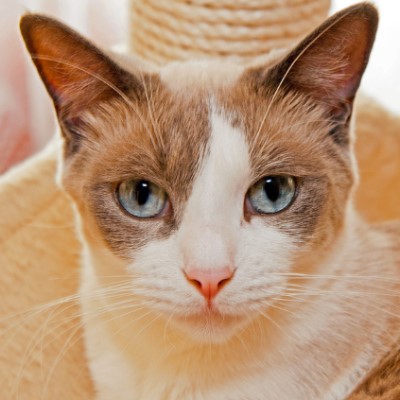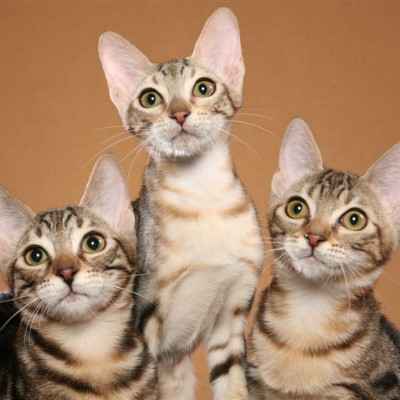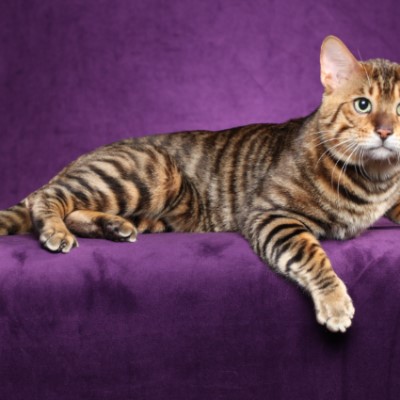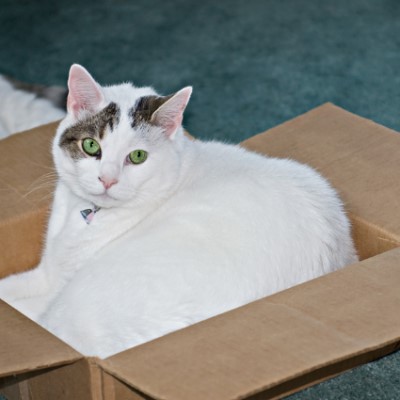Common Reasons for Surrender
Sinapura cats are typically surrendered to shelters and rescues through no fault of their own. The cat may be surrendered because her owner moves and cannot take the cat, a couple divorces, a new family member develops allergies, or a new baby arrives.
Pros
Sinapuras simply want to please their humans and be with them. They are typically curious, quiet, and love everyone they meet – from family members to strangers. Singapuras generally get along well with other cats and even dogs when properly introduced. Most prefer to be the center of attention and retain their playful nature even into adulthood.
Cons
Singapuras are typically not an overly energetic breed. Most prefer to be with their humans and demand attention, so if you want an independent cat, you may want to consider another breed.
Diet
Some experts recommend feeding the Singapura cat a predominately wet food diet while others suggest a mostly dry food diet. You may prefer one over the other or even opt for a raw diet. Whatever you choose to feed your cat, make sure it is the highest quality you can afford and does not contain grain. Treats are optional but should always be healthy. Small pieces of boiled chicken or freeze-dried meats are popular with most cats.
Exercise
A playful breed when young, many Singapuras will retain that playfulness as they age. A young Singapura will typically get the exercise she needs running around and playing on her own while you may need to coax your older cat into playing. Carve time out each day to play with your cat, regardless of her age, to allowing for bonding.
Possible Health Issues
Singapura cats are generally a healthy breed. As with any breed, your cat may develop age-related issues, such as arthritis or cancer, as he gets older.
Litter
A natural litter is ideal for your Singapura cat. Avoid dusty and clumping litters. Paper-based litter such as Yesterday’s News is a healthy option. If your cat prefers a traditional sand-type litter, make sure it is digestible. Cats clean themselves incessantly and many accidentally ingest litter which could lead to painful and expensive health problems.
Grooming
Singapuras require little grooming. Because of their short fur, many never suffer from hairballs. Brush your Singapura’s hair at least once a week, and trim her nails as necessary.
Training
Successfully training the extremely intelligent Singapura requires you, the trainer, to always be on your toes. Singapuras typically take well to training, but you’ve got to be as smart as your cat, letting him think he’s in charge when you are the one who’s in charge. Many cats have been successfully trained to respond to basic commands and even to do tricks, such as rolling over and using the toilet.
Entertainment
Singapuras like knowing what’s going on, so don’t be surprised if yours follows you everywhere you go. Many like to play with toys—feather wands, laser pointers, and catnip toys—and with small things, like pens, they can find around the house. They also like to jump and to climb, so provide cat steps or cat shelves but expect your cat, unless taught otherwise, to jump on counters.
We want to thank Star Loose Cattery for help with this profile.
